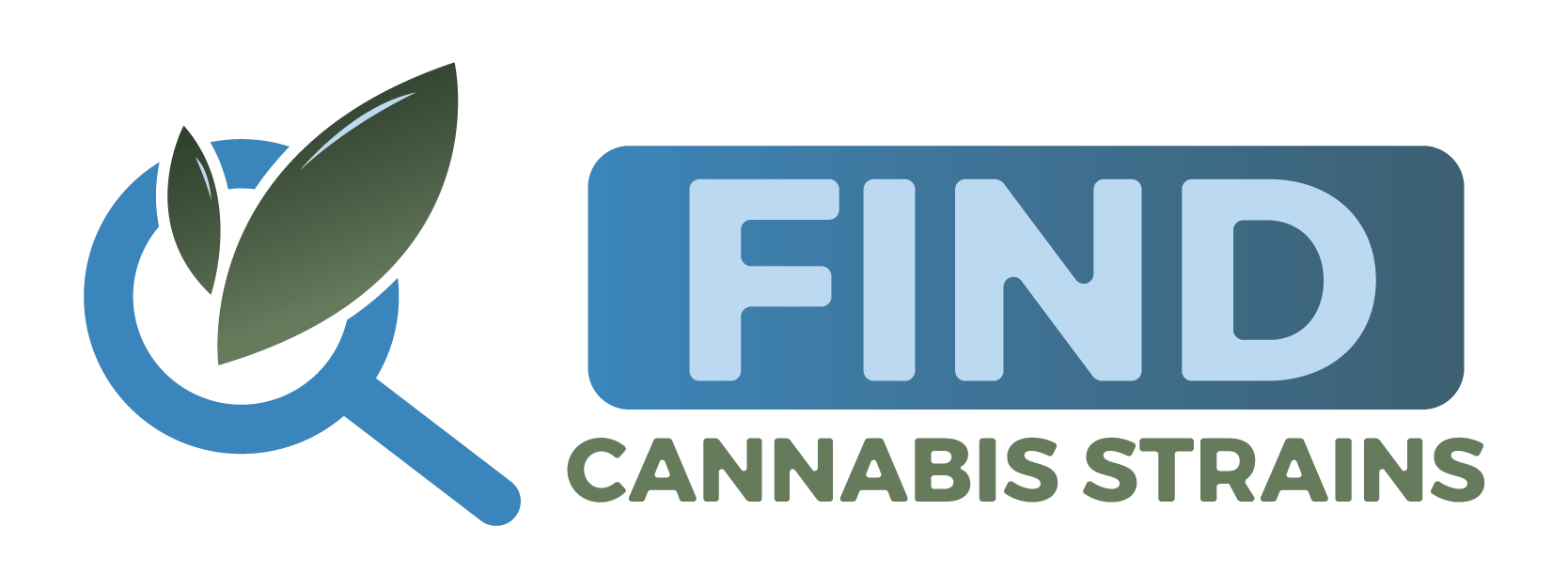People who live with anxiety often say cannabis is a double-edged sword: the right chemotype can quiet racing thoughts, while too much THC can do the opposite. Patient reviews consistently point to high-CBD or low-THC balanced cultivars as safer bets, and clinical literature backs the idea that CBD may blunt anxiety while THC can be anxiogenic at higher doses.
What patient feedback and research agree on
Reports from large consumer databases repeatedly show calmer, clearer experiences with CBD-forward strains and with flower rich in soothing terpenes like linalool and β-myrcene. Preclinical and early human data suggest these terpenes may contribute anxiolytic effects, which aligns with what many patients describe anecdotally. Evidence remains early, but the trend is notable.
Below are the cultivars most frequently recommended by patients for easing anxiety, paired with what real users and reputable sources say about them.
Patient-Backed Picks
ACDC (CBD-dominant, minimal intoxication)
Patients regularly choose ACDC to “take the edge off” without feeling high. Its CBD-dominant profile and frequent selection by medical users for anxiety and related conditions align with user reviews that echo a calm, clear-headed effect with little impairment, which makes it approachable for anxiety-prone consumers.
Cannatonic (balanced CBD:THC)
Cannatonic shows up in anxiety threads for its mellow onset and balanced effects. Many note its use by medical patients for anxiety, and grower and patient communities also describe gentle mood lift with low intoxication—useful for daytime relief without jitters. Expect variability by phenotype, so check the actual test results on your batch.
Harlequin (CBD-rich, clear-headed)
Harlequin’s reputation comes from reliable CBD expression and a relaxed, non-sedating calm. Patients often report tension relief with mental clarity, consistent with its extensive review history. It’s a strong candidate for those who want to stay functional while reducing anxious reactivity.
Ringo’s Gift (variable CBD:THC ratios)
Crossing ACDC and Harle-Tsu, Ringo’s Gift appears frequently in patient testimonials about anxiety. Because phenotypes range from 1:1 to CBD-dominant, shoppers can match their comfort level with THC. Reviews commonly mention relaxation without fogginess when choosing a CBD-heavy cut.
The Gift (RG8) (CBD-dominant backcross)
A backcross of Ringo’s Gift selected for a robust CBD profile. Patients who like Ringo’s Gift but want even less intoxication often gravitate here for a softer, grounded calm—again, with the caveat that you should verify lab ratios on the specific batch.
Pennywise (roughly 1:1 CBD:THC)
A high-CBD indica leaning cultivar bred from Harlequin. Patients frequently cite a composed, body-light calm that quiets spirals without heavy couch-lock; it’s often suggested for evening decompression or low-key daytime use depending on dose.
Classic calm-leaning indicas (case-by-case)
Some anxiety sufferers report relief from sedating, myrcene-forward indicas like Northern Lights and Granddaddy Purple—particularly for nighttime rumination. Response here varies more because THC is higher; go low and slow and prioritize terpene profiles (myrcene, linalool) if you’re sensitive to THC.
Why CBD-forward strains often feel safer
Early clinical work suggests CBD can reduce experimentally induced anxiety in people with social anxiety disorder, while reviews consistently warn that THC’s effects are dose-dependent and can tip toward anxiety at higher doses. Patients who report the best outcomes typically keep THC modest, aim for CBD levels that match or exceed THC, and watch terpene content.
How to shop smarter for anxiety relief
- Read the label, not the name. The same strain name can vary widely. Look for CBD:THC ratio (many anxiety-prone patients prefer 20:1 to 1:1) and terpenes like linalool and myrcene.
- Start low, go slow. Especially with THC. Higher THC can flip from calming to anxious.
- Track your own data. Patient reviews are helpful guides, but your response is personal. Keep notes on dose, timing, and feelings to zero-in on a reliable routine.
- Consider delivery method. Tinctures and capsules with defined CBD:THC ratios offer steady effects; inhalation acts faster but is easier to overshoot.
A quick note on evidence quality
Patient reviews from large platforms are valuable real-world signals, and they consistently elevate the CBD-rich cultivars above. Still, controlled clinical trials in anxiety remain limited, particularly for whole-plant flower and specific strains. Use patient feedback to narrow options, then validate with your own careful trials and medical guidance.
Medical disclaimer
Cannabis affects people differently and can interact with medications. This article is educational and not medical advice. Individuals with anxiety disorders should consult a qualified clinician before starting or changing any treatment.
